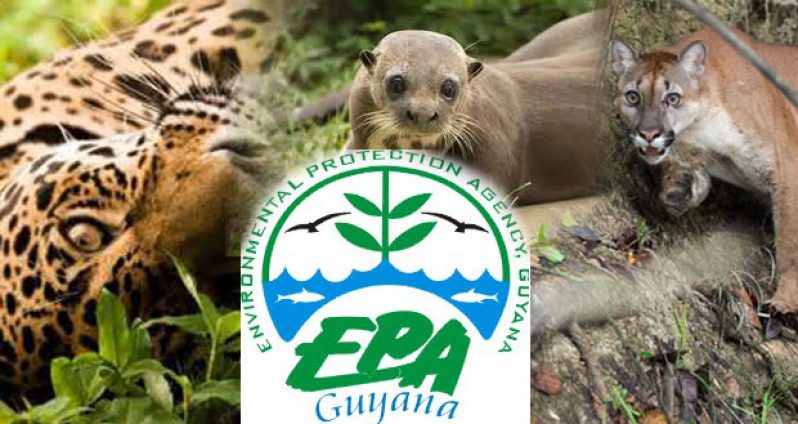INTERNATIONAL Coastal Cleanup (ICC) is a global event initiated by Ocean Conservancy (OC) in 1986. This Day is celebrated annually on the third Saturday in September. This year it will be celebrated on September 19 under the theme: ‘Trash Free Seas, Every Piece, Every Person.’ Its aim is to mobilise citizens from all walks of life to remove trash and debris from beaches and waterways all around the world in order to identify the sources of waste, and change the behavioural patterns that contribute to pollution.
Impacts of Marine Litter on the Environment
Marine litter is a serious problem in marine and coastal environments worldwide that is getting worse. Most marine litter is made of materials that decay very slowly; therefore, a continuous input of these items will result in a build-up along our coasts. This negative trend is evident by a number of studies across the world.
Our coastline also provides a home for many plants and animals; not just us humans. When we dispose of our wastes improperly, it can cause serious harm to our aquatic friends that reside there. Around the world, there have been reports of entanglement of several marine species, e.g., sea turtles. Marine organisms and seabirds are also known to eat plastics and other type of debris. Other threats to wildlife from marine litter can include:
* Smothering of the seabed – debris can smother seabed animals while larger items can be dragged along the seabed by currents, scraping and tearing up the seabed which is a fragile and vital habitat for bottom dwellers.
* Accumulation and spreading of toxic substances – due to the materials used to create it, plastic litter can become toxic. Therefore, when eaten by a marine animal, this would lead to them being poisoned to death.
Interesting finds
Last year, nearly 680,000 volunteers removed more than 16 million pounds of trash from 91 countries. The top 10 items found for 2014 were cigarette butts, food wrappers, beverages bottles, bottle caps, straws, other plastic bags, grocery bags (plastic), beverage bottles (glass), beverage cans and cups and plates.
Interesting finds include bar-b-que grills, wigs and even money.
In the table below you can find information about the total number of trash collected in some countries that participated in the last year’s cleanup.
Countries
Total Pounds of Trash Collected The
Bahamas
10,734;
Barbados
2,580;
Canada
310,853;
Guyana
3,075;
Hong Kong
8,576,930;
India
106,750;
Jamaica
85,766;
Trinidad and Tobago
4,695;
United States
4,144,109;
United Kingdom
16,968
.Source: Ocean Conservancy 2014
What can I do to protect the ocean?
* Be responsible for the rubbish you generate – dispose of your garbage properly. If you are on a boat, take your rubbish back on land for proper disposal.
* Practise Reducing, Re-using and Recycling
* Choose re-usable items over disposal.
* Talk to your family and friends about the importance of proper waste management.
* Take part in the annual International Coastal Clean-up.
Get involved
The Caribbean Youth Environment Network, Guyana Chapter (CYEN) is the national body responsible for the coordination of Coastal Cleanup. Other agencies involved in planning local activities include the Department of Natural Resources and the Environment, Ministry of Governance, the Environmental Protection Agency and Pick it up Guyana. The first leg of the clean-up will be on September 19 at the Kingston Seawall between the Marriott Hotel and Camp Street, which will see a number of volunteers from both government and NGOs, along with members of civil society all working towards the same aim, a cleaner ocean for all. The next leg will be in the Berbice area on September 26, when volunteers will gather at the No. 63 and Rose Hall beaches.
So if you are interested or know anyone or group that would like to participate, you all are welcome to join in these clean-ups.
Sources:
www.oceanconservancy.org
www.UNEP.org
Share your ideas and questions by sending letters to: “Our Earth, Our Environment”, C/O EIT Division, Environmental Protection Agency, Ganges Street, Sophia, GEORGETOWN, or email us at: eit.epaguyana@gmail.com.
International Coastal Cleanup
SHARE THIS ARTICLE :
Facebook
Twitter
WhatsApp



.jpg)








